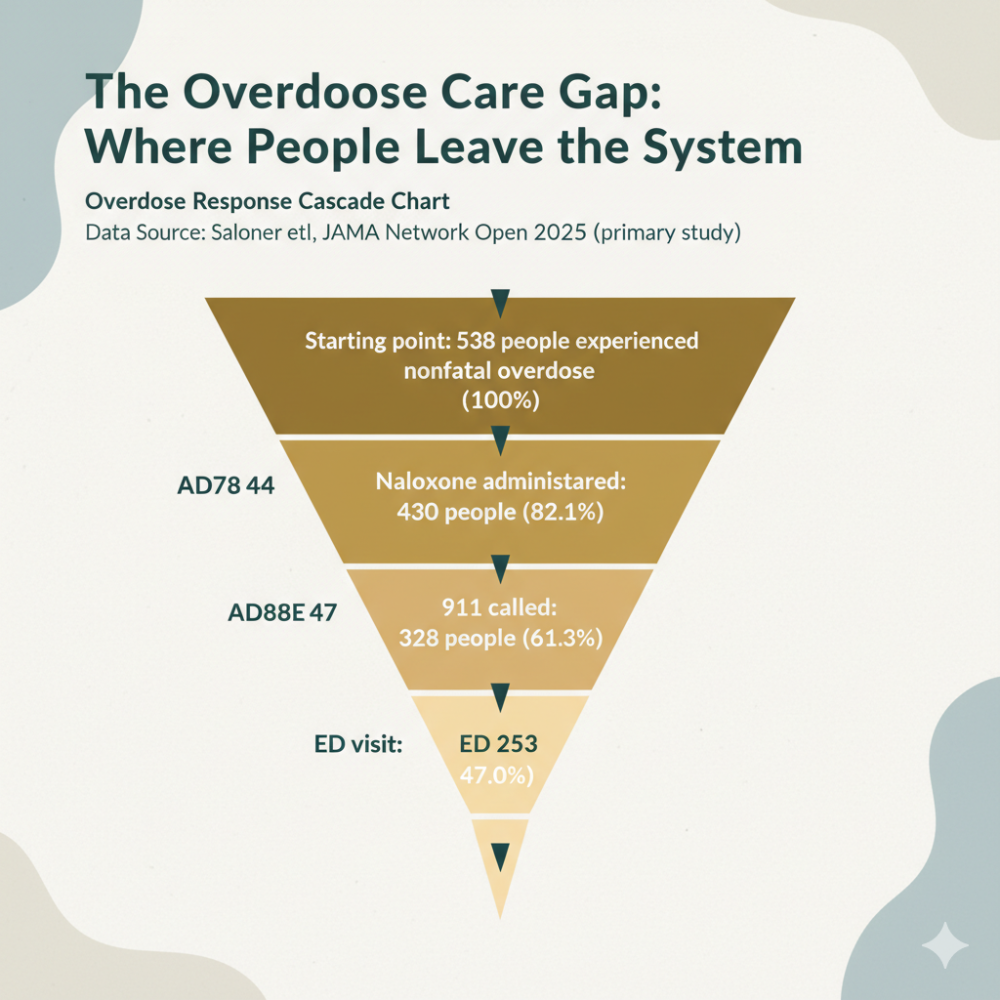Otezla/Apremilast for Alcohol Use Disorder
Alcohol Use Disorder (AUD) is a condition that affects millions of individuals worldwide, leading to significant personal and societal consequences.
It is estimated that more than 140,000 people die from alcohol-related causes annually, making alcohol the fourth-leading preventable cause of death in the United States.
Current Alcohol Use Disorder treatment options, such as therapy and medication, have shown varying degrees of success in recovery. However, a new study has uncovered a promising avenue in the form of an immune system drug, Apremilast (Otezla®), which holds the potential to revolutionize AUD treatment.
Understanding Alcohol Use Disorder (AUD)
Alcohol Use Disorder (AUD) is a complex and chronic condition characterized by an individual’s persistent and problematic patterns of alcohol consumption and alcohol dependence. It is a widespread disorder that affects people of all ages, genders, and socioeconomic backgrounds. According to the 2021 National Survey on Drug Use and Health, 28.6 million adults ages 18 and older had AUD.
Individuals with AUD struggle to control their alcohol intake and continue to participate in heavy drinking despite experiencing negative consequences on their physical health, mental well-being, relationships, and overall quality of life.
Diagnostic Criteria
The diagnosis of AUD is based on the criteria outlined in the Diagnostic and Statistical Manual of Mental Disorders (DSM-5), a widely recognized manual used by healthcare professionals. The DSM-5 defines AUD as a spectrum disorder encompassing mild, moderate, and severe presentations.
The criteria for diagnosing AUD include:
- Impaired Control: The individual finds it challenging to limit or control their alcohol consumption, often exceeding intended amounts or durations.
- Craving: Strong cravings or a strong desire to consume alcohol are experienced.
- Tolerance: Over time, higher amounts of alcohol are required to achieve the desired effect, indicating the development of tolerance.
- Withdrawal Symptoms: When alcohol intake is reduced or stopped, withdrawal symptoms such as tremors, anxiety, nausea, or sweating may occur.
- Neglected Activities: The individual may spend a significant amount of time obtaining alcohol, drinking, or recovering from its effects, resulting in neglect of important social, occupational, or recreational activities.
- Continued Use Despite Problems: Despite facing negative consequences related to alcohol use, the individual continues to consume alcohol.
- Reduced Interest/Involvement: The individual may reduce or abandon activities and hobbies that were once important due to alcohol use.
- Persistent Use: Alcohol consumption continues despite its association with recurrent physical or psychological problems.
To receive a diagnosis of AUD, an individual must meet specific criteria within a 12-month period. The severity of AUD is determined based on the number of criteria met: mild (2-3 criteria), moderate (4-5 criteria), or severe (6 or more criteria).
What is Apremilast (Otezla®)?
Apremilast, marketed under the brand name Otezla®, is an innovative medication approved by the U.S. Food and Drug Administration (FDA) for the treatment of various inflammatory conditions, such as psoriasis and psoriatic arthritis.
Though initially marketed for the treatment of inflammatory conditions, recent research has shown that Apremilast has the potential to help treat individuals struggling with Alcohol Use Disorder (AUD).
Clinical Study Conducted to Treat AUD with Apremilast (Otezla®)
A recent clinical trial conducted at Scripps Research Institute in California has demonstrated that Apremilast (Otezla®), an FDA-approved medication primarily used for treating psoriasis and other skin diseases, has the potential to significantly reduce alcohol intake in individuals diagnosed with severe alcohol use disorder (AUD).
In the placebo-controlled trial, a total of 51 adult volunteers with severe Alcohol Use Disorder (AUD) participated, all of whom were not actively attempting to decrease their alcohol consumption.
Over a span of 14 days, each participant was administered a daily pill, randomly assigned as either apremilast or a placebo. At the beginning of the study, the average daily alcohol consumption among the participants was approximately five drinks.
Individuals who received the placebo continued to consume nearly five drinks per day, whereas those who received apremilast experienced a significant reduction, consuming only around two drinks per day. These findings highlight the potential of Apremilast as a promising therapeutic option for individuals battling with AUD.
The Future of Treating Alcohol Use Disorder (AUD)
Scripps Research’s clinical trial on the potential of using Apremilast (Otezla®) to treat AUD opens new avenues for the development of effective interventions and improved patient outcomes in the realm of AUD treatment.
As further research and clinical trials progress, it is hoped that Apremilast will become an integral part of comprehensive strategies aimed at helping individuals overcome the challenges posed by AUD, ultimately offering them a brighter and healthier future.
Frequently Asked Questions about Apremilast (Otezla®)
1. What are the side effects of Otezla?
Like any medication, Otezla may cause side effects in some individuals. Common side effects include nausea, diarrhea, headache, and upper respiratory tract infection. Other possible side effects may include depression, weight loss, and gastrointestinal symptoms.
It is important to promptly report any unusual or severe side effects to your healthcare provider for further evaluation and guidance.
2. Is Otezla bad for your liver?
While Otezla is generally well-tolerated, there have been rare reports of liver-related adverse events in individuals taking the medication. It is crucial to inform your healthcare provider of any pre-existing liver conditions or concerns before starting Otezla.
Regular monitoring of liver function may be recommended by your healthcare provider during treatment. If you experience any symptoms of liver problems, such as yellowing of the skin or eyes, abdominal pain, or dark urine, it is important to seek immediate medical attention.
3. Can Otezla be stopped abruptly?
Otezla should not be abruptly stopped without consulting your healthcare provider. It is essential to follow the prescribed dosage and the guidance provided by your healthcare professional. Abruptly discontinuing Otezla may lead to a recurrence of symptoms or a potential worsening of the underlying condition.
If you have any concerns about stopping or changing your Otezla treatment, it is recommended to discuss them with your healthcare provider, who can provide appropriate instructions and guidance based on your specific situation.


 Steve B
Steve B 
